
Review of two of Liz Johnson Arturs latest books (print only) https://camera-austria.at/zeitschrift/172-2025/

Review of two of Liz Johnson Arturs latest books (print only) https://camera-austria.at/zeitschrift/172-2025/
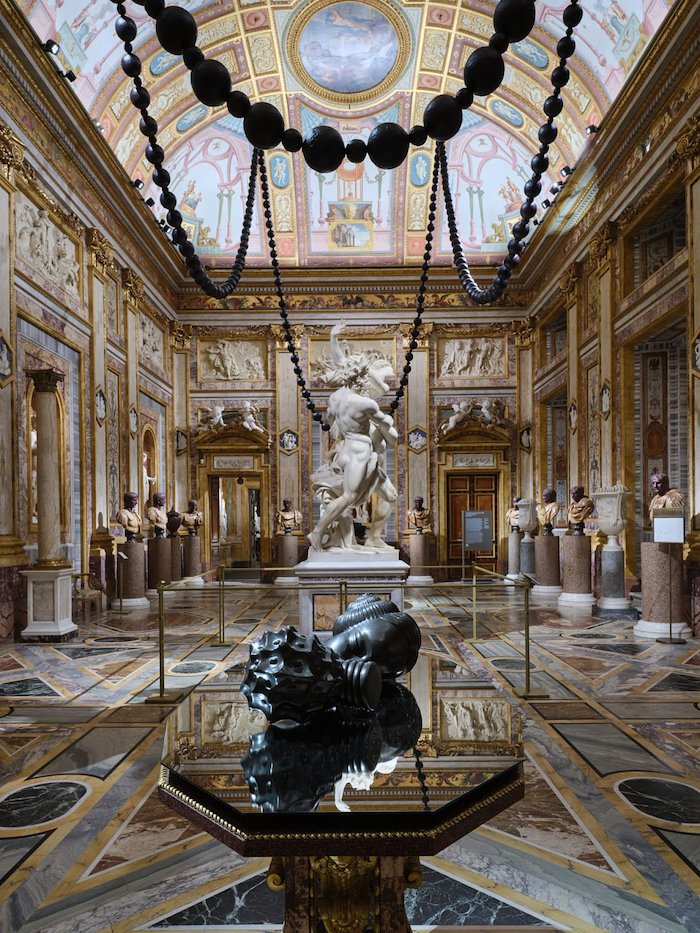
Villa Borghese is a sprawling park in Rome’s center, the legacy of a noble family given over to the public in 1903. Galleria Borghese is situated within these grounds, its building and collection initiated in the early seventeenth century by Cardinal Scipione Caffarelli-Borghese, who exploited his papal connections to amass power and wealth. Today, the museum displays this centuries-old collection, which includes many of the most celebrated artworks from Italian history, in the cardinal’s decadently designed baroque rooms.
In recent years, the museum has staged temporary special exhibitions with big, overwhelmingly European names from modern and contemporary art, including Picasso, Lucio Fontana, Damien Hirst, and Louise Bourgeois. This summer, Kenyan artist Wangechi Mutu mounted an exhibition that was aptly billed as a site-specific intervention. Mutu’s work occupied the lavish galleries, staging imposing and generative juxtapositions with its surrounding Roman busts and trompe l’oeil frescos. Writer Eric Otieno Sumba reviews the exhibition here, revealing how Mutu worked with and against the institution to assert figures, culture, and histories otherwise absent from this place. https://www.thepublicreview.org/read/spiritus-sancti-eric-otieno-sumba-wangechi-mutu-galleria-borghese Wangechi Mutu: Black Soil Poems, installation view, Galleria Borghese, 2025
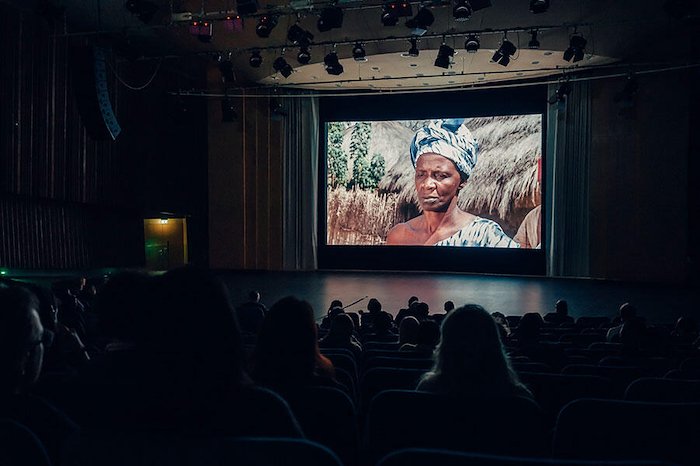
Berlin’s Haus der Kulturen der Welt revived a groundbreaking Uzbek film festival, Eric Otieno Sumba and Can Sungu reflect on how its Cold War–era screenings bridged global cinema and fostered south-south solidarities. Image: Hanna Wiedemann / HKW https://www.frieze.com/article/eric-otieno-sumba-can-sungu-253
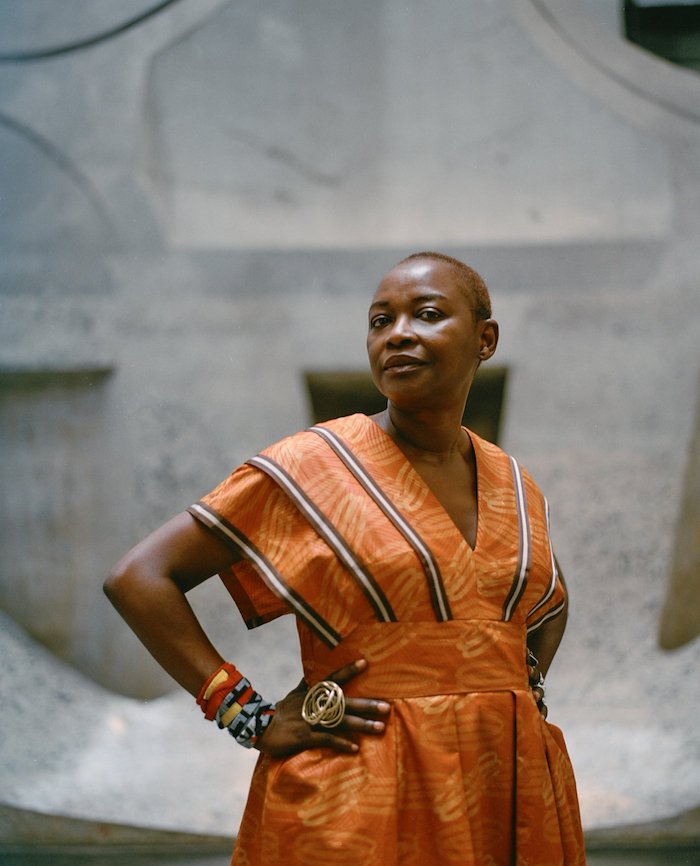
/background(fff)/700x1050.jpeg?auto=webp)
/background(fff)/700x1050.jpeg?auto=webp)
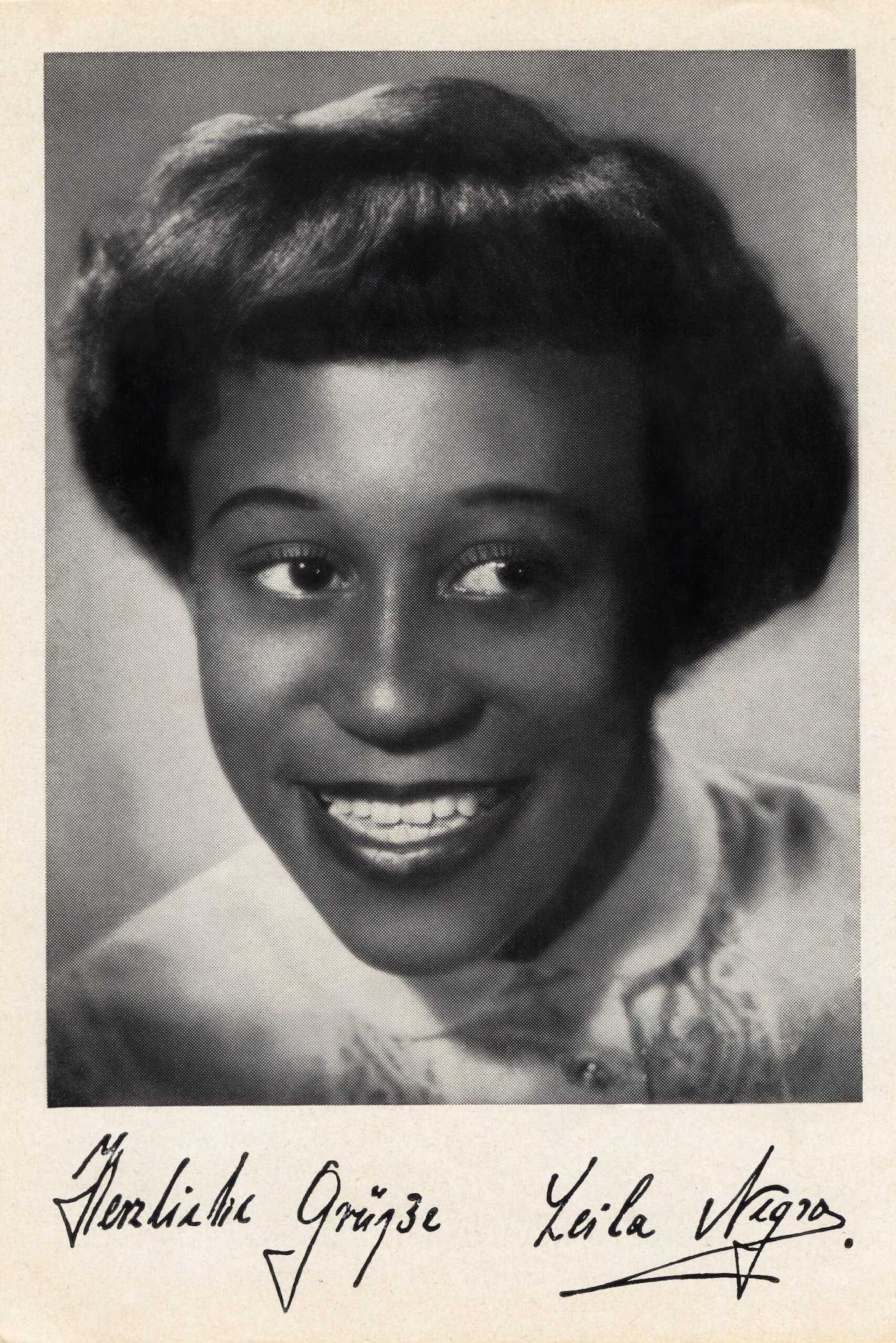
Marie Nejar died last month at the age of 95. As far as the Initiative Schwarze Menschen in Deutschland (ISD) is aware, she was the last Black survivor of Nazi Germany. Obituary for the London Review of Books: https://www.lrb.co.uk/blog/2025/june/marie-nejar-1930-2025

O-Ton für Deutschlandfunk Kultur Radio am Rande einer Podiumsdiskussion der C/O Berlin und der Berliner Landeszentrale für Politische Bildung am 23. April 2024 https://www.deutschlandfunkkultur.de/post-kolonialer-diskurs-welche-rolle-spielt-selbstpraesentation-100.html
///
Soundbite for Deutschlandfunk Kultur Radio at the sidelines of a panel discussion hosted by c/o Berlin and the Berliner Landeszentrale für Politische Bildung on 23rd April 2024
/background(fff)/700x993.jpeg?auto=webp)
/background(fff)/700x993.jpeg?auto=webp)
/background(fff)/700x993.jpeg?auto=webp)
/background(fff)/700x1050.jpeg?auto=webp)
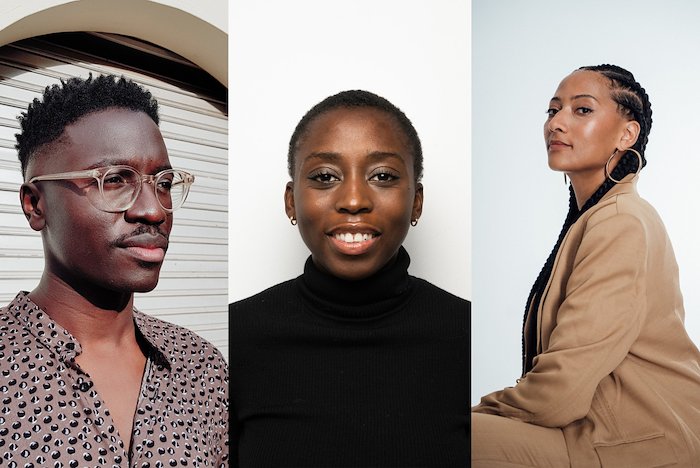
Anlässlich der Ausstellungen A World in Common und Silvia Rosi . Protektorat veranstalten C/O Berlin und die Berliner Landeszentrale für politische Bildung eine gemeinsame Discussion. Es geht darum, sich bei der Auseinandersetzung mit Afrikas Geschichte(n) von westlich geprägten Darstellungen zu lösen und den Blick auf alternative Geschichtserzählungen, also Gegennarrative von Künstler:innen aus Afrika oder mit biographischen Bezug zu Afrika wahrzunehmen.
Konkret wollen wir uns mit der Darstellung Afrikas aus der Perspektive Schwarzer Berliner:innen sowie Akteur:innen mit afrikanischer Herkunft auseinandersetzen. Inwiefern kann auch Kunst als Mittel des Widerstands gegen (post)koloniale Narrative dienen? Wie können afrikanische Perspektiven sichtbarer gemacht und gestärkt werden? Welche Rolle spielen künstlerische Ausdrucksformen dabei, stereotype Bilder und rassistische Narrative zu hinterfragen und neu zu definieren? Mi, 23. Apr 2025, 18:30–20:00, mit Justice Mvemba (Mitte), Celia Parbey (rechts) und Eric Otieno Sumba (links), moderiert von Makda Isak
/background(fff)/700x990.jpeg?auto=webp)
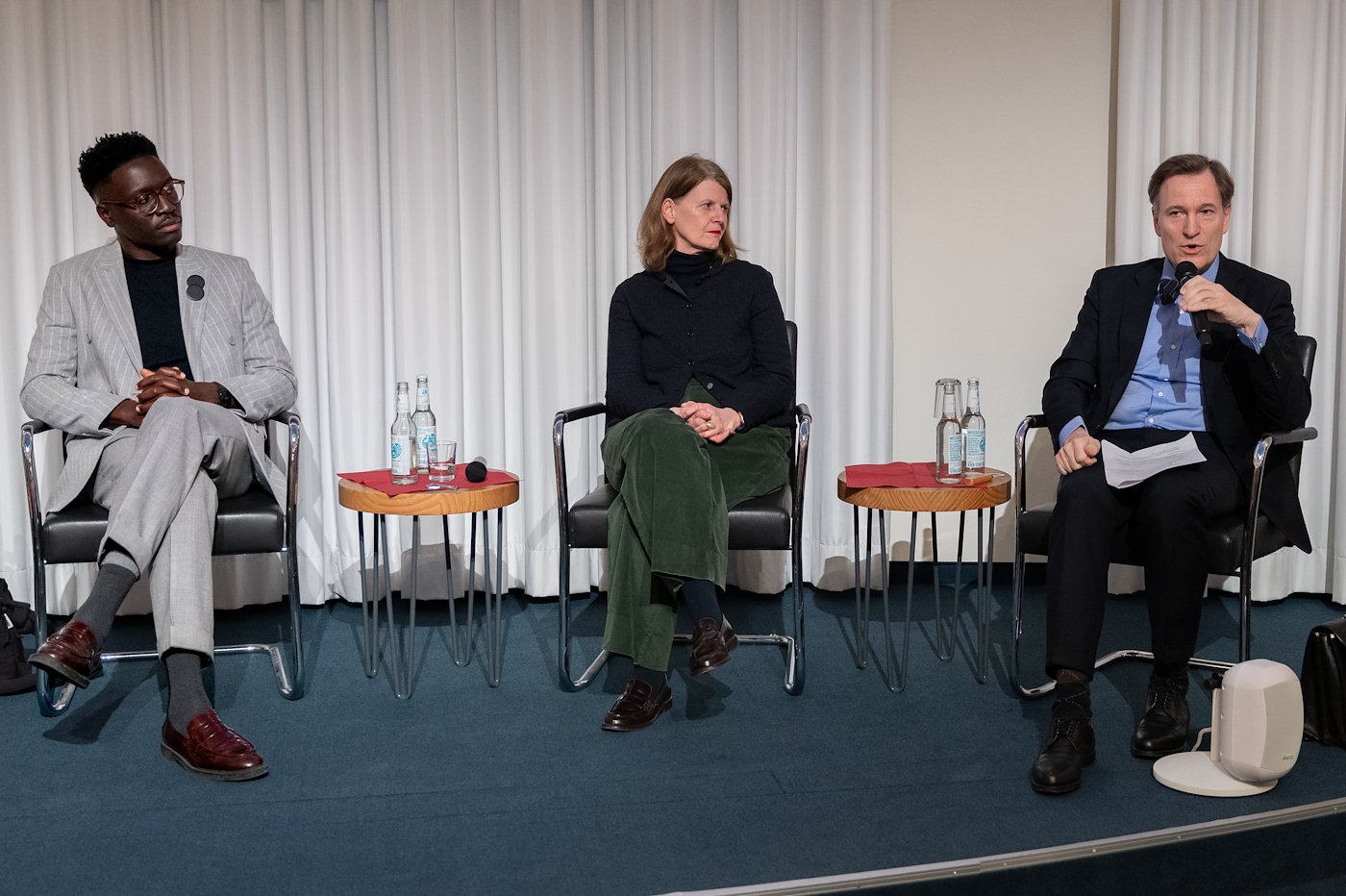
(Panel) 05 März 2025: 19:00 - 20:30 Uhr. Die Restitution hat begonnen: einige Benin-Bronzen und andere koloniale Raubgüter wurden bereits den Ursprungsländern übergeben. Die Kontroversen darum gehen aber weiter, seit Bronzen in Nigeria nach der Rückgabe in private Hand gelangten. Müssen die Zurückerstattenden das hinnehmen – oder gibt es auch eine Verantwortung der Ursprungsländer, global bedeutsames Kulturgut zugänglich zu halten? Das Podium fragt nach der Vision hinter der Restitution unter juristischen, politischen und kulturellen Perspektiven. Mit: Prof. Dr. Barbara Plankensteiner, Ethnologin und Leiterin des Museums am Rothenbaum – Kulturen und Künste der Welt (MARKK) in Hamburg, Eric Otieno Sumba, Politikwissenschaftler, Freier Autor und Redakteur im Haus der Kulturen der Welt, Berlin, Dr. Mathias Zintler, LL.M, KNPZ Rechtsanwälte https://www.law-school.de/termin/restitution-von-raubgut-alles-muss-raus
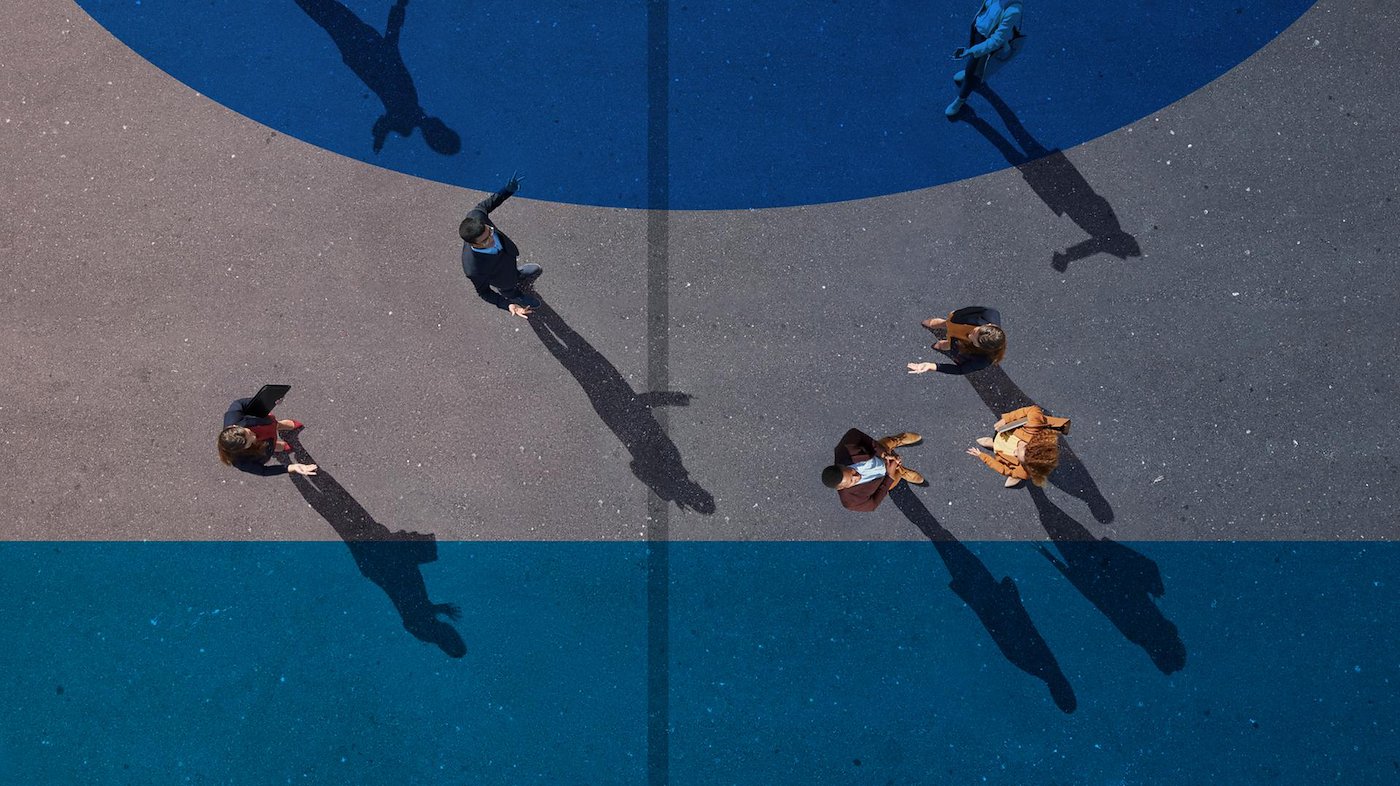
(Radio Panel) 26 Februar 2025, 10:08 Uhr: Gehöre ich hier noch hin? – Migrationsdebatte nach der Bundestagswahl mit Max Czollek, Orkan Özdemir, Cihan Sinanoğlu und Eric Otieno Sumba https://www.deutschlandfunk.de/gehoere-ich-hier-noch-hin-migrationsdebatte-nach-der-bundestagswahl-100.html
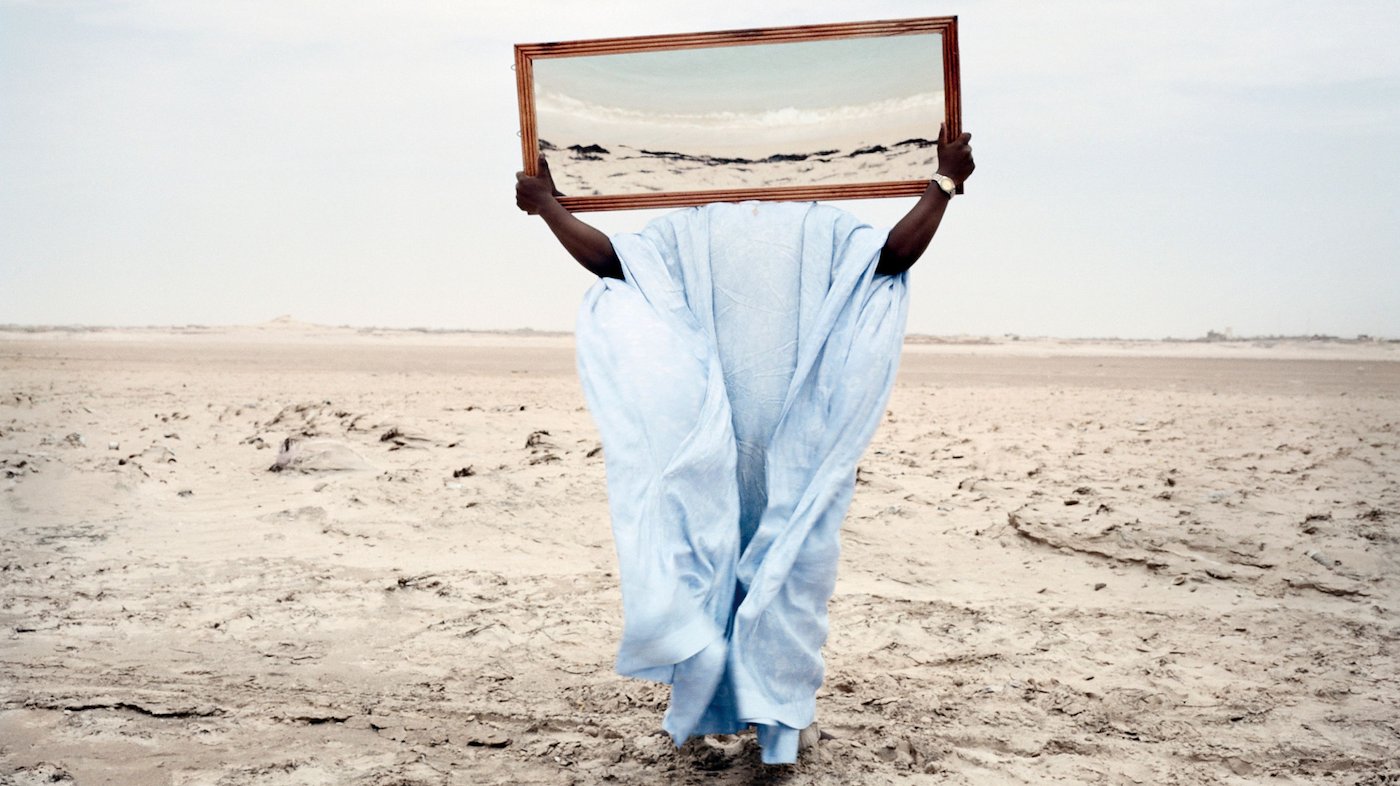
(Exhibition Tour) Feb 26, 2025, 18:00–19:00. In this dialogical format, sociologist, political scientist and writer Eric Otieno Sumba and guest curator Cale Garrido examine selected works from the group exhibition A World in Common and place them in a wider socio-political context. In doing so, they focus on the emancipative strategies of African and Afro-diasporic artists. What role does art play in social discourse and with regard to social justice? https://co-berlin.org/de/veranstaltungen/looking-world-common Image: Courtesy Dawit Petros
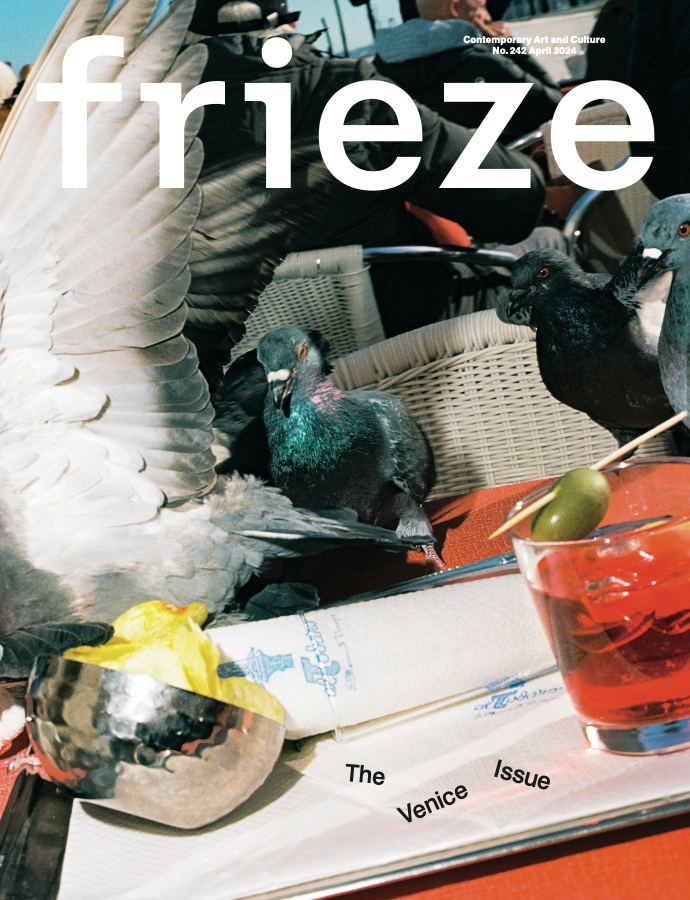
(Essay) In Frieze 242, Eric Otieno Sumba analyzes the complex legacies of artists and pavilions from the African continent at the Biennale. https://www.frieze.com/article/history-of-african-pavilions-at-venice-biennale-242
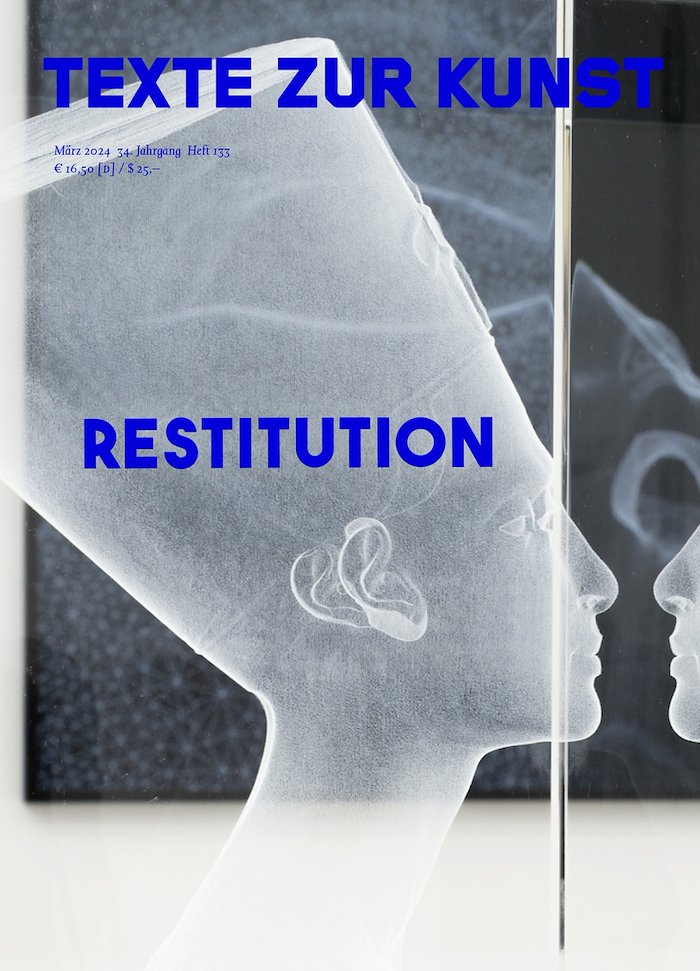
(Review) 'Stasis Quo: Eric Otieno Sumba on Helena Uambembe at MMK Zollamt', in Texte zur Kunst #133 (March 2024)
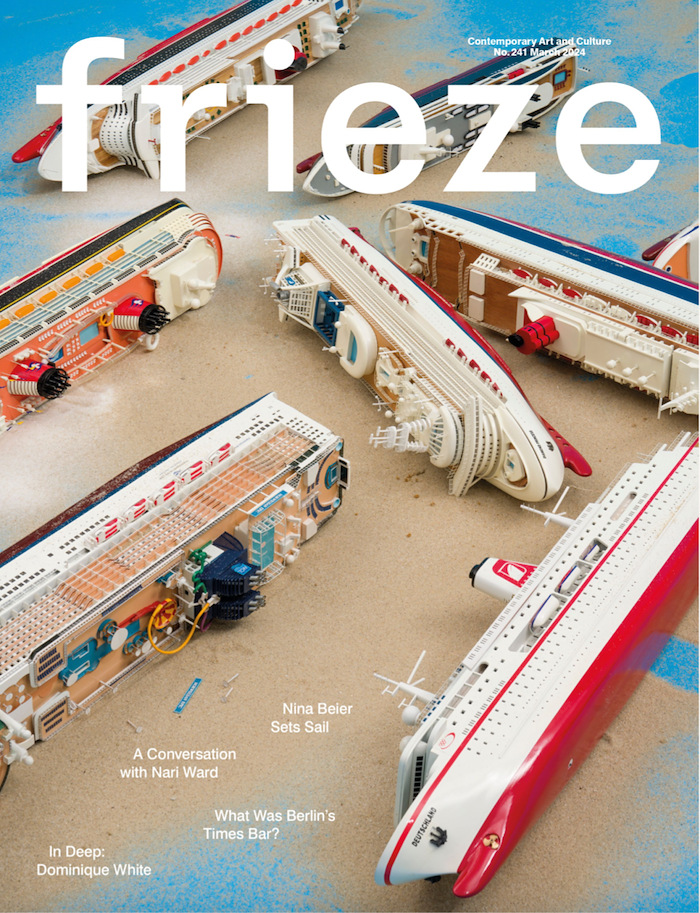
(Feature) 'Haunted Hydrology: Dominique White envisions the future from the bottom of the ocean', in Frieze #241 (March 2024)
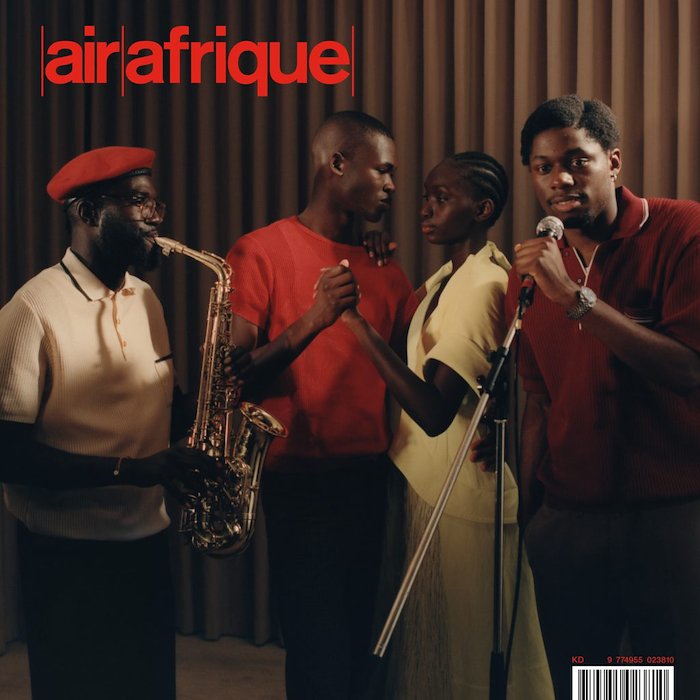
(Review) 'Inflight Entertainment' on Griotmag: https://griotmag.com/en/inflight-entertainment/
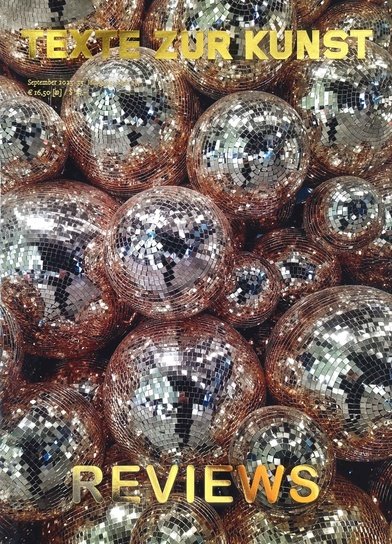
(Roundtable) 'Under Review / Roundtable between Claire Bishop, Jarrett Earnest, Eva Hayward, and Eric Otieno Sumba, moderated by Christian Liclair' in Texte zur Kunst #131 (Sept. 2023) https://www.textezurkunst.de/en/131/